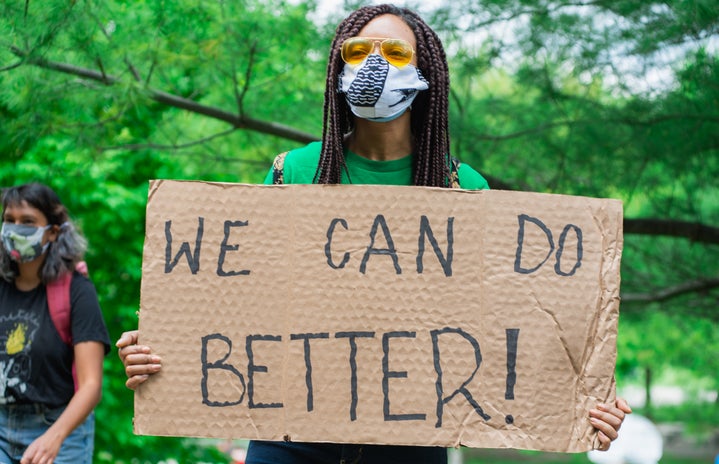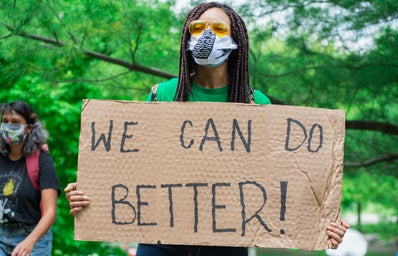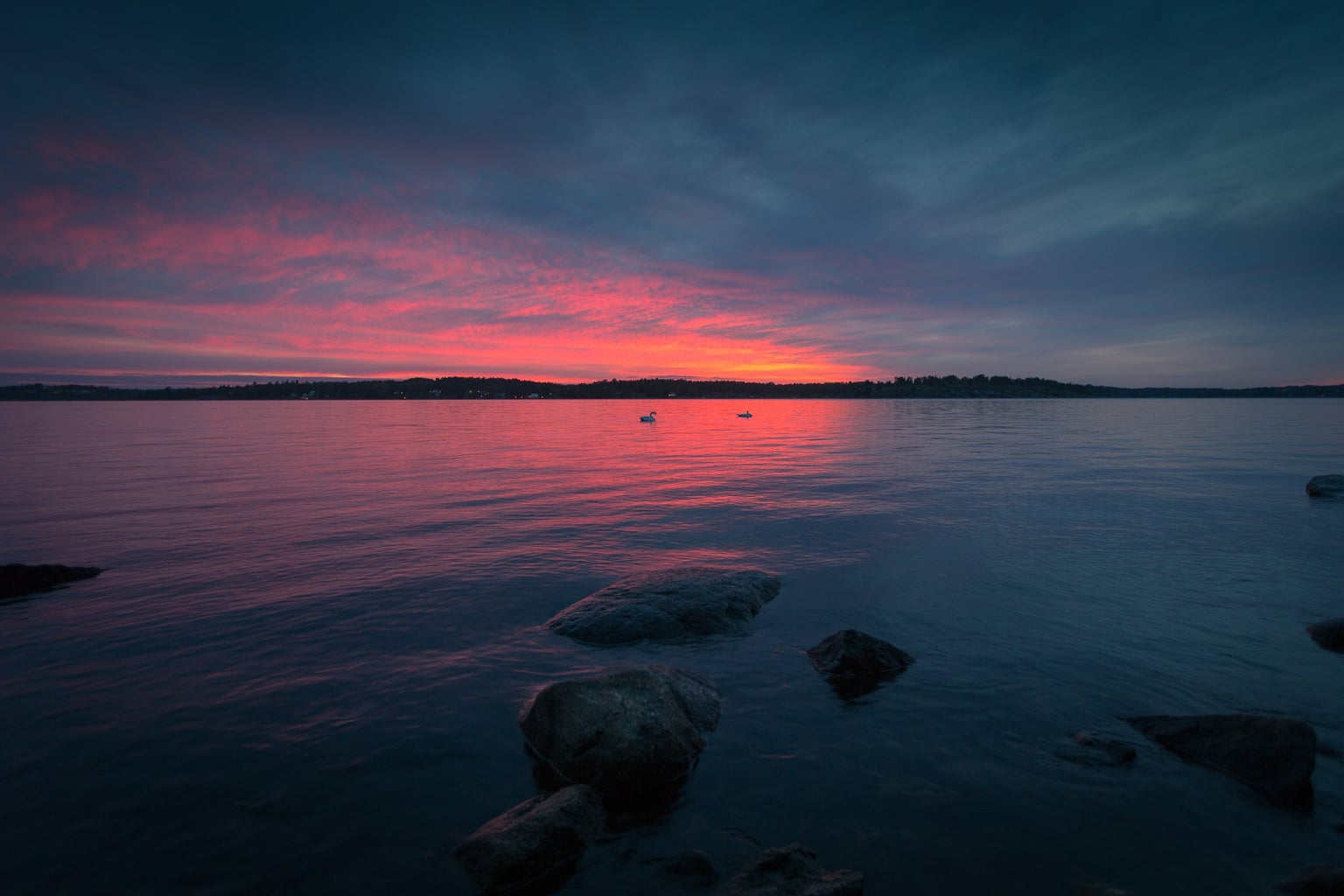It’s September again, and the universe is in decay. The leaves on the trees quietly turn from green to the slick red of apples to the brown crunch beneath our feet; earlier and earlier, the horizon swallows the sunlight and casts us all in shadow; and as I feel the cold begin to seep in through the cracks and crevices I am captivated entirely by the concept of warmth. It seems far more precious after summer, doesn’t it? Like taunts — a flash of blue sky, the melting heat of a mug between your fingers, the lingering weight of a hug. This is the beauty of autumn: the knowledge that everything is finite, and nothing lasts forever.
I find myself caught these days between hope and despair, between the cold hard grey of what seems now to be the beginning of an eternal winter and the faint pale gold that spills in through the window panes just before it starts to rain. Do I bury myself in shallow ground and wait for spring to emerge? Or is there enough loveliness in the midst of all this suffering to justify braving the storm, eyes open, heart thrown wide?
Here, I invite you: picture with me the ocean on the verge of dusk. We’re standing barefoot in the sand, let’s say, and the jackets we wear aren’t nearly enough to protect us from the knifing wind that pierces us straight through to the heart, and we’re alone and the world is quiet. We sink our heels back and the sand is thick and soft and cold against the parts of our feet that haven’t yet gone numb. It’s like: we’re all that’s left of the land. It’s like: we’re proof that something survived.
See how dark the water is? How deep, unfathomable? A foreign place. It’s interesting, because we always talk about the strangeness of the ocean, its unknowability, its horror. How we can’t imagine what goes on down there because there is a distance between it and us, one that can never be crossed. But really, what we know about that world isn’t all that different from what we know about ours. Green grows where green should be improbable. There is light, sometimes, and there is cold, sometimes. Animals fight each other to make it out alive, and not all of them do.
And there, look — watch how the sun breaks the horizon as it descends, how its beams spread across the water and drench it in gold, filtering through the black choppy waves to reveal to us something bright and eternally fleeting, before the night comes to cast it all in shadow. Take a breath. Hear it in our lungs. This is the view our ancestors had. It can be the view our descendants will have, if only we’re brave enough to save it.
What? You’re walking away? You’re turning back? Why?
There’s no point staying here if one day it’s all going to be gone?
Oh, I understand. You don’t believe we can save it. I don’t blame you. Look at it! Look how big it is, how far it stretches! So much of it that in all our centuries of existence we’ve scarcely made it beneath the surface. We’re only human, after all. How can we be expected to carry the oceans in our palms, the earth in our hearts? If the water is rising; if fires rage along the shoreline; if the sun burns ever hotter even in the winter: it’s not our fault. We’re not the ones who caused it. We just happen to be here, standing on the shore, watching as the light fades.
But that is the trick: We are here. And if we walk away, if we turn back, then who will remember this world for us? They would try to convince us that what we know is false, that our memories of the autumn are simply warped by the spring. Our footprints would fade from the sand, and eventually, even we would forget that we were ever here. But we cannot forget. We must not forget.
We are often taught to think of politics as something that is loud, forceful, demanding — or, in turn, diplomatic and couched in legislative terminology, the calculated reduction of people to numbers and statistics. But I suggest that politics, in its truest form, is both all and none of those things. Politics is human. To exist is to be made political. Politics is the light breaking over the dark sea at dawn. Politics is the knowledge that we are caught between the eternal winter and the faint whisper of gold through the window panes. Politics is the terrible, drowning sense that none of this matters because one day we will all be gone, and politics is the courage required to recognize that all of this matters because one day there will be people standing in our place on the shore. It’s our job to ensure that it’s waiting for them when they arrive.
Joy might be one of those finite, transient things, yet so is suffering. What is true now does not have to be true forever. We can seek a new world, a better world — or, more than that, we will create one. So long as we don’t walk away. So long as we don’t turn back. We don’t get to bury ourselves in the shallow ground and wait for spring to emerge. Because for us, spring cannot emerge unless we tend to it with our own hands, unless we remain in this cold night and coax warmth back to the world by the fierce bleeding hope of our hearts. Remember: what goes on in the ocean is the same as what goes on up here. Yes, animals fight each other to survive, but sometimes the octopi protect baby fish from those that prey upon them, and sometimes things are beautiful because they are imperfect. None of us have to do the hard work alone. None of us have to despair on our own. None of us have to be brave by ourselves.
All we must do is know this, know this, know this: That our world is deserving of being saved, even in the midst of decay. And always, always, so are we.



